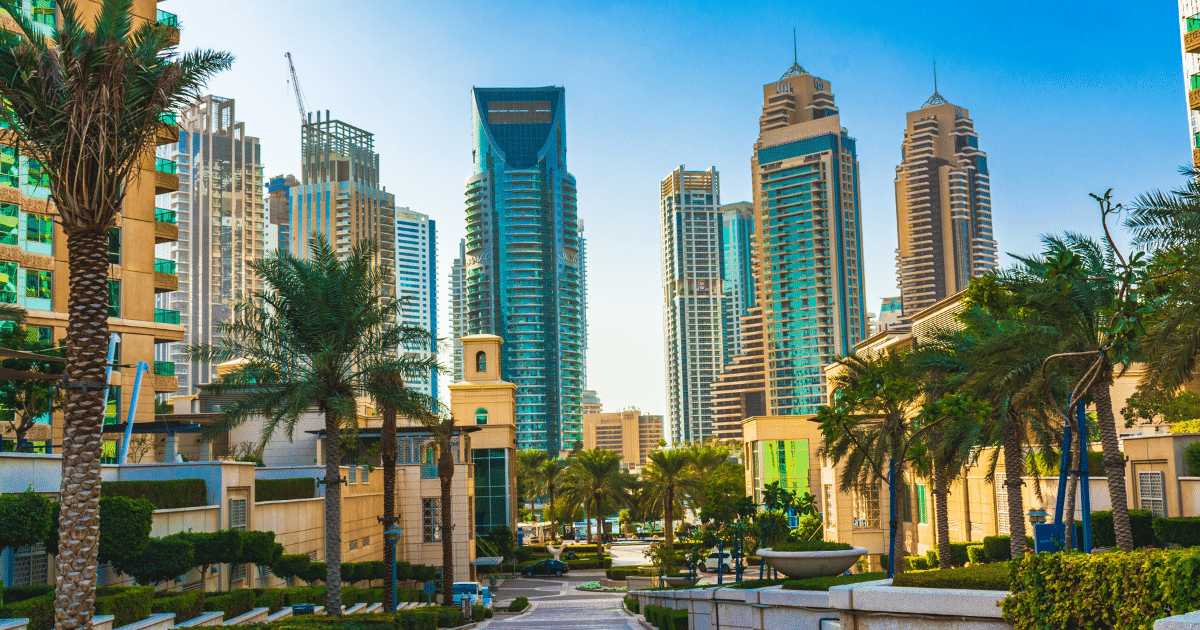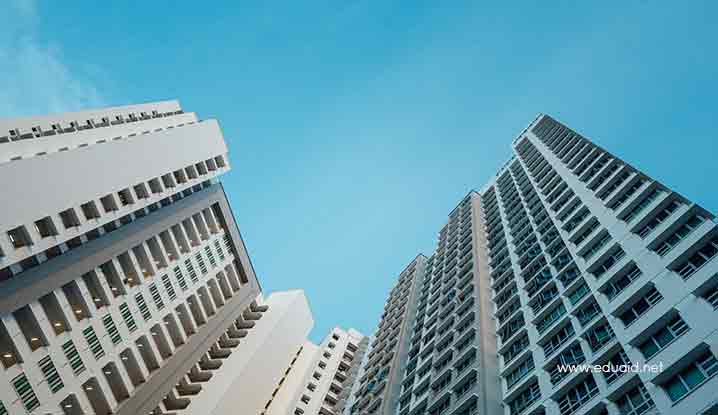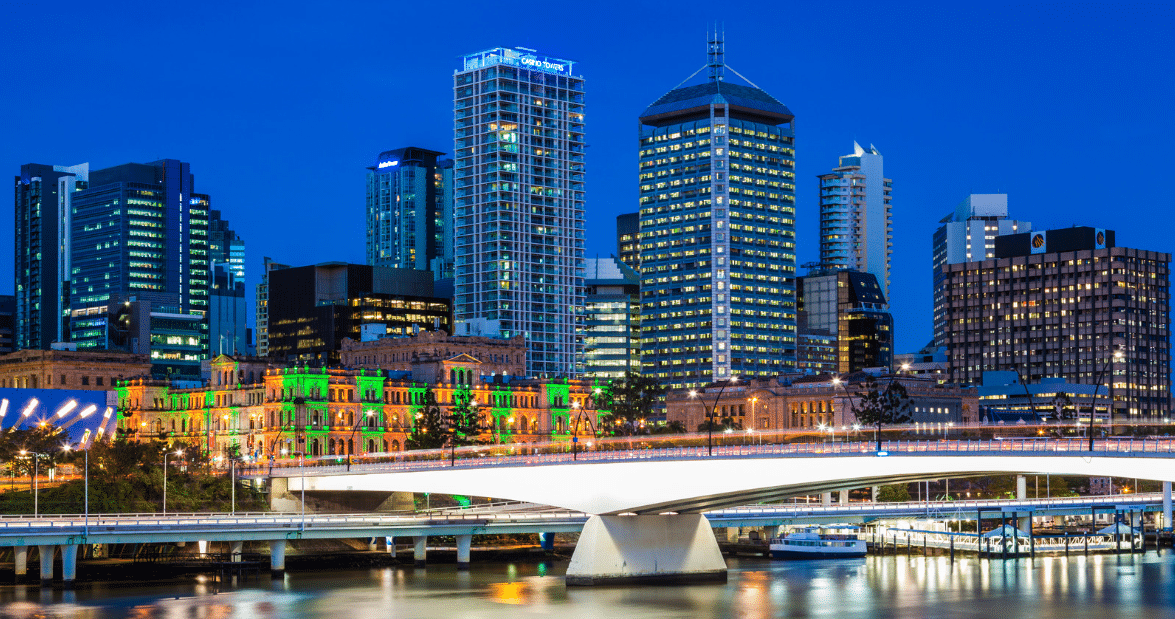Young people with fresh business ideas are giving a new lease of life to a city that experts say is getting its mojo back.
Many of Adelaide’s commercial buildings that were underused for years are being transformed through a series of initiatives that are halting a “brain drain” the city has suffered from for decades.
Driven by a shift from manufacturing to the services industry, entrepreneurs are contributing heavily to revitalising Adelaide’s CBD and fringe areas, the Property Council of Australia’s South Australian president Steve Maras said.
“The younger generation, who typically in the last 15-20 years may have left Adelaide in search of opportunities elsewhere, certainly now see Adelaide as a place to stay and try something that is entrepreneurial (in) a whole raft of different areas,” he said.
“If you look at co-working spaces five years ago, it was almost non-existent, and now it’s skyrocketed,” he said.
Adelaide now has the highest number of co-working spaces per capita in Asia, the Co-working Unconference Asia 2017 reported.
The city’s innovation boom was partly the work of Renew Adelaide, a non-profit organisation that connects creative workers and startups with property owners seeking to attract tenants to their buildings and provide value to surrounding businesses. The entrepreneurs who take up these spaces are given an opportunity to trial their business idea rent-free.
The organisation, which Mr Maras used to chair, has helped fill more than 100 vacant properties across Adelaide’s CBD, where the lion’s share of urban rejuvenation is occurring.
“Since the GFC, there have been long-standing vacancies in certain parts of the CBD, so Renew targeted the old arcades, which have largely been vacant for some time or had been run-down,” Mr Maras said, citing the arcades off of Rundle Mall, Regents Arcade, the Parc Arcade and Topham Mall.
“They had significant vacancy and Renew brought together an enclave of new users and entrepreneurs in different areas for ground-floor space; arts-related, food and beverage, small bars and specialty retail.”
This grassroots-led gentrification is also creeping into city fringe locations, especially in Port Adelaide, 14 kilometres away from the CBD.
“Hundreds of old heritage buildings there are starting to be occupied by the arts community; there’s more of a focus on that now and getting young creatives and startups to take spaces in those old buildings and bring them back to life,” Mr Maras said.
“Port Adelaide has had its challenges over the years (but) it is going through a massive resurgence now.”
Renew Adelaide chief executive officer Tim Boundy agreed, having just converted a third space in Port Adelaide – from a run-down computer repair shop to a small Mexican restaurant, La Popular Tacqueria.
“Port Adelaide is strengthening its position as a destination for businesses that place high value on where they operate,” he said.
“The benefit of these new and interesting businesses opening is the message they send for the precinct, which in turn attracts other like- minded businesses.”
One of Renew Adelaide’s beneficiaries Sophie Kresevic took the plunge into starting her florist, The Flower Nook, at age 23.
After enjoying great success, the now 25-year-old has signed a full lease at Topham Mall for one year, with the option of a further year.
The program has not only helped her career but opening with four other small businesses has breathed new life into the precinct.
“It was sort of a bit of a dead zone but having us all open up together at the same time really brought a lot of people through,” she said.
Co-working South Australia Association’s Josh Garratt called Adelaide “a honey pot for startups”, with regional councils like Unley’s also jumping on the bandwagon of co-working hubs, in the hope of stimulating the streets and retail activity of quieter suburbs.
“We’re getting enquiries direct from the councils who want to invigorate their main streets and create economic benefit,” Mr Garratt said.
[eduaid Newsdesk, Source: Click here to view the news]





